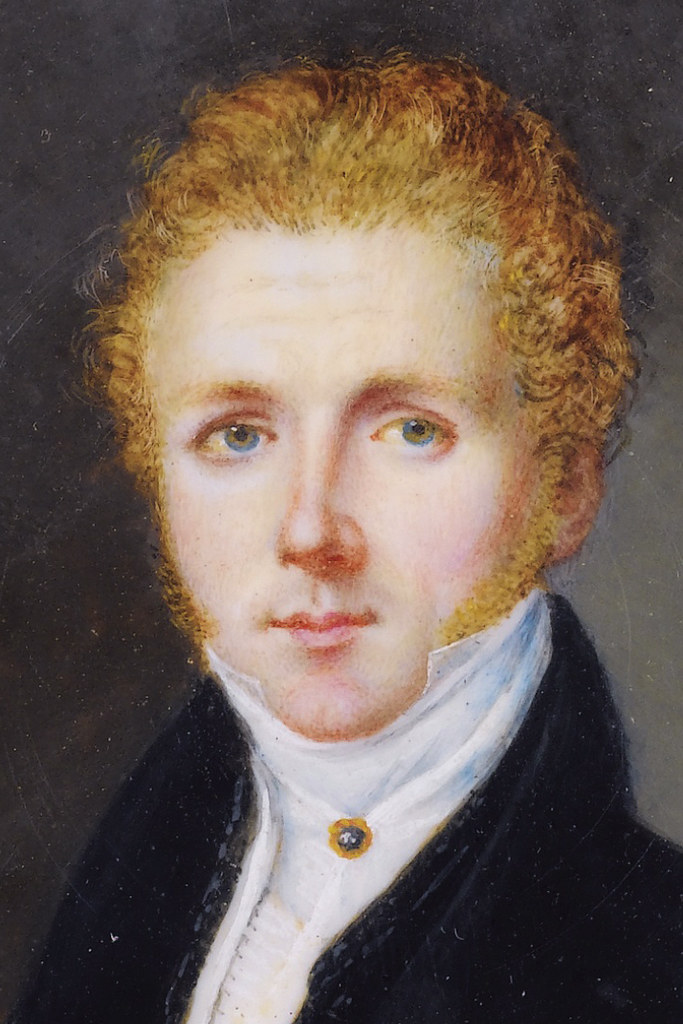PLOT
Norma and the enemy Pollione have a forbidden love affair but Pollione falls in love with Norma's friend Adalgisa. The love triangle leads to a mortal end.
The story takes place in Gaul, present day France, during the Roman occupation around 100 – 50 BC. The Gallic people are in the midst of an uprising against the Roman forces and are led by the Druid Oroveso.
Pollione, a Roman proconsul, and Norma, the High Priestess of the Druid temple have a forbidden love affair. She has broken her wows of chastity by having two children with the enemy Pollione.
Pollione has fallen in love with Norma's friend Adalgisa, a young priestess. Norma begs Pollione to give up his love for Adalgisa and return to her, but he refuses. Finally Norma confesses to having sinned. Pollione is caught in the temple for pursuing Adalgisa. They are both sentenced to death.
ACT BY ACT
Opera in 2 acts
Sung in Italian
About 2 hours 30 min + interval
Act 1
The Sacred Forest of the Druids
Scene 1
The Druid soldiers and their leader, Oroveso, await the rise of the moon. That magic moment is the time for a ceremony, where the High Priestess Norma, who is also the daughter of Oroveso, is to cut a bough of mistletoe and tell the will of the gods. The soldiers hope for a go-ahead signal to attack the Romans. The Druids disappear and Pollione and his lieutenant Flavio enter.
Pollione reveals that he no longer loves Norma. Instead he has fallen in love with Adalgisa.
Trumpet signals herald the return of the Druids and the Romans hide. Norma goes to the altar stone and speaks to the people and declares that it is not yet time for revenge. She prays for peace and says that one day the Romans will perish. When the Druids leave, Adalgisa stays to pray for courage to be able to reject Pollione. When he appears she cannot resist him any longer and they decide to leave Gaul and live in peace in Rome.
Scene 2
Norma’s secret dwelling
Norma and Clotilde, her confidante, and Norma’s two little boys sit together. Norma admits that she both loves and hates her sons. She tells Clotilde that Pollione has been recalled to Rome and she doesn’t know whether he plans to take her with him. They hear someone coming and Norma asks Clotilde to hide the children.
Adalgisa enters. She is nervous but wants to speak in confidence with Norma. She has fallen in love with one of the local young men but he is a Roman, she says. Norma instantly realises – it’s Pollione, who enters in the same moment. There is a highly dramatic trio between them. Norma hears the sound of the gong and has to take care of her duties.
Act 2
Scene 1
Inside Norma’s dwelling
Norma’s children are asleep. She approaches them with a lamp and a knife, intending to kill them. She has decided to confess her inexcusable sin – to violate her wows of chastity – which will lead to her death sentence. But she hesitates when she sees the innocent children.
She calls for Adalgisa and begs her to leave Gaul together with Pollione and take Norma’s children with her. Adalgisa refuses but promises to bring Pollione back to her. They end the scene by singing the famous duet “Mira, o Norma”.
Scene 2
A grove in the forest
Oroveso tells the Gallic soldiers that Pollione has been replaced and that his successor is much crueler. Norma advocates peace. Oroveso concludes that they need to be patient, their time will come.
Scene 3
The Druid Temple
Norma is waiting for Pollione. Clotilde arrives with news that Adalgisa has failed at persuading him to return to her. This awakens her hatred against the Romans and she summons the warriors and proclaims that it is time for revenge. Their response is powerful. Pollione, who had been found in the temple of the young priestesses, is brought before Norma. She wants to talk to him alone and the people are asked to leave the temple. Pollione is given the ultimatum to leave for Rome at once or be sentenced to death. He chooses the latter.
Norma orders the people to come back and informs them that there is another sinner – a priestess. They ask for her name and Norma reveals that she is the sinner. Her wish is to be purified on the funeral pyre. Pollione begs to go with her. Together they enter the pyre.
ROLES
Norma – Soprano (dramatic coloratura)
Daughter of Oroveso, High-priestess of the druids
Adalgisa – Mezzo-soprano (lyric coloratura)
Priestess in the grove of the Irminsul statue
Pollione – Tenor (spinto)
Roman proconsul in Gaul
Oroveso – Bass (basso profondo)
Norma's father; chief of the druids
Clotilde – Soprano (soubrette)
Norma's friend
Flavio – Tenor
Pollione's companion
COMPOSER
Vincenzo Bellini
1801-1835
Place of birth: Catania, Sicily
Place of death: Puteaux, France

BIOGRAPHY
Vincenzo Salvatore Carmelo Francesco Bellini was an Italian opera composer of the bel canto era. Characteristic for his writing are the use of long, melodic lines. He composed 11 operas of which a handful are regularly performed today.
Bellini only lived until the age of 33. He was a notorious womaniser. During his lifetime he had two significant affairs but never married. He fell in love with Maddalena Fumaroli but her parents rejected his offer to marry her. After Bellini's success with the opera Il pirata, the Fumaroli family withdraw their rejection. By then Bellini had lost interest. He also had a five-year long relationship with the young married woman Giuditta Turina.
In 1829 Rossini attended a performance of Bellini's Il pirata and the composers got the chance to meet. They developed a life-long relationship. When Bellini died of peritonitis in 1835 Rossini arranged for his funeral.
COMPOSER'S QUOTE
"If I were shipwrecked, I would leave all of my other operas and try to save Norma."
FUN FACTS
Bellini's operas never left the repertoire completely but they became more popular in the 1950s and 60s thanks to opera stars such as Maria Callas and Joan Sutherland.
Most prominent operas
I Capuleti e i Montecchi 1830
La sonnambula 1831
Norma 1831
I puritani 1835
LIBRETTO
Felice Romani
1788–1865
Felice Romani was an Italian librettist, poet and scholar of literature and mythology. His list of works is extensive producing nearly 100 librettos during his lifetime including many librettos for Donizetti and Bellini. His most famous works are Bellini’s I capuleti e i Montecchi, La sonnambula, I Puritani and Norma, Rossini’s Il turco in Italia and Donizetti’s Anna Bolena and L’elisir d’amore. He was regarded as the best Italian librettist of his age.
SCORE
DOWNLOAD THE SCORE
INSTRUMENTATION
2d1, 2, 2, 2 - 4, 2, 2, 1
timp, perc, harp, strings
Chorus
Banda
CONTEXT
Norma was first performed at La Scala in Milan in 1831.
Today it is one of the top 40 most performed operas worldwide.
VIDEOS
FULL LENGTH OPERA
Act 1
Aria - Meco all'altar di Venere (Pollione)
Aria – Casta diva (Norma)
Duet – Sola furtiva al tempio (Norma, Adalgisa)
Act 2
Duet - Mira, o Norma (Norma, Adalgisa)
Trio – Qual cor tradisti (Norma, Pollione, Oroveso)

















